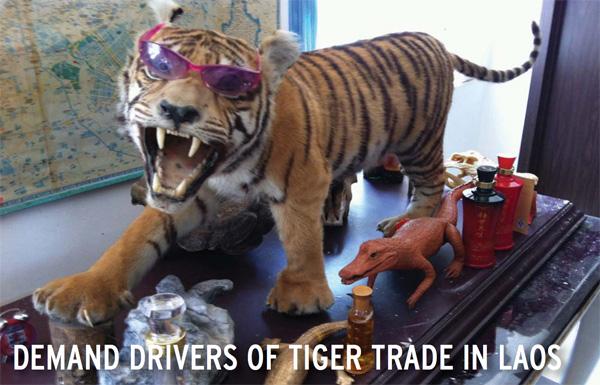Tomorrow the European Union will begin enforcing legislation that mandates labeling of specific vegetable oils on food products. The move means consumers will soon know whether the products they consume contain palm oil, canola, or one of many other sources of plant-based fat.
Regulation (EU) No 1169/2011 was passed in 2011 after intense activism, including the “Clear Labels, Not Forests” campaign led by animal welfare and wildlife conservation groups. The legislation, which aims to combat generic labeling of “vegetable oil” on food products, gave companies three years to come into compliance. That three year window ends tomorrow.
Many environmentalists supported the initiative as a way to pressure produrers of palm oil — the most widely used source of edible oil — to clean up their supply chains. Palm oil production has been one of the biggest drivers of deforestation in Indonesia and Malaysia over the past twenty years, emerging as one of the most significant threats to orangutans, tigers, elephants, and rhinos in the region.
The legislation was vehemently opposed by the palm oil industry, which feared it could lend ammunition to boycotts of products that contain palm oil.
However since the measure was approved, most of the largest palm oil companies have adopted zero deforestation policies, which, going forward, prohibit conversion of forests and peatlands for oil palm plantations.
Nonetheless the legislation is being welcomed by conservation groups now that it is officially going into effect.
“Mandatory labeling will support vital changes in the palm oil industry by allowing shoppers to make informed choices about what they buy,” said Helen Buckland, Director of the Sumatran Orangutan Society (SOS), which has been working with a coalition of green groups on the issue, including Elephant Family, Orangutan Foundation, Save the Rhino, the Jane Goodall Institute, the European Association of Zoos and Aquaria (EAZA), and the Ape Alliance. “Responsible companies that make or sell products containing palm oil will want to reassure their customers that their products are not contributing to deforestation and loss of wildlife. Retailers and manufacturers now have the incentive to play their part in transforming the palm oil industry and breaking the link between palm oil and deforestation.'
Buckland added that encouraging less damaging forms of palm oil production is more likely to succeed that a blanket boycott strategy.
“Avoiding palm oil may not actually help protect orangutans and other biodiversity. All agriculture has a footprint, and palm oil is a very efficient way of producing vegetable oil – if companies were forced to switch to alternative oils, up to ten times as much land would be needed to meet global demand for vegetable oils,” she said. “What we need to do is ensure that it is cultivated in the least damaging way possible.”
This article was originally written and published by news.mongabay.com. For the original article and more information, please click HERE.




